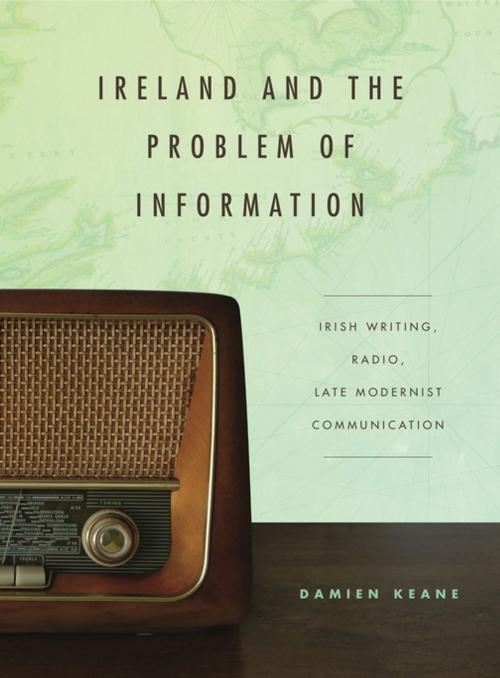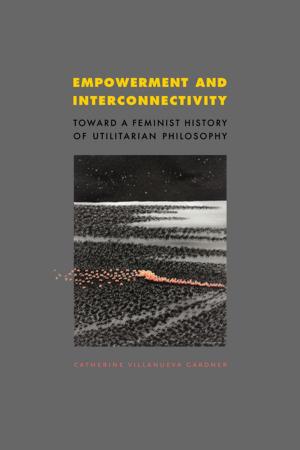Ireland and the Problem of Information
Irish Writing, Radio, Late Modernist Communication
Nonfiction, History, Ireland, Fiction & Literature, Literary Theory & Criticism, British, Modern, 20th Century| Author: | Damien Keane | ISBN: | 9780271065663 |
| Publisher: | Penn State University Press | Publication: | November 13, 2014 |
| Imprint: | Penn State University Press | Language: | English |
| Author: | Damien Keane |
| ISBN: | 9780271065663 |
| Publisher: | Penn State University Press |
| Publication: | November 13, 2014 |
| Imprint: | Penn State University Press |
| Language: | English |
Though the work of Irish writers has been paramount in conventional accounts of literary modernism, Ireland itself only rarely occupies a meaningful position in accounts of modernism’s historical trajectory. With an itinerary moving not simply among Dublin, Belfast, and London but also Paris, New York, Addis Ababa, Rome, Berlin, Geneva, and the world’s radio receivers, Ireland and the Problem of Information examines the pivotal mediations through which social knowledge was produced in the mid-twentieth century. Organized as a series of cross-fading case studies, the book argues that an expanded sphere of Irish cultural production should be read as much for what it indicates about practices of intermedial circulation and their consequences as for what it reveals about Irish writing around the time of the Second World War. In this way, it positions the “problem of information” as, first and foremost, an international predicament, but one with particular national implications for the Irish field.
Though the work of Irish writers has been paramount in conventional accounts of literary modernism, Ireland itself only rarely occupies a meaningful position in accounts of modernism’s historical trajectory. With an itinerary moving not simply among Dublin, Belfast, and London but also Paris, New York, Addis Ababa, Rome, Berlin, Geneva, and the world’s radio receivers, Ireland and the Problem of Information examines the pivotal mediations through which social knowledge was produced in the mid-twentieth century. Organized as a series of cross-fading case studies, the book argues that an expanded sphere of Irish cultural production should be read as much for what it indicates about practices of intermedial circulation and their consequences as for what it reveals about Irish writing around the time of the Second World War. In this way, it positions the “problem of information” as, first and foremost, an international predicament, but one with particular national implications for the Irish field.















